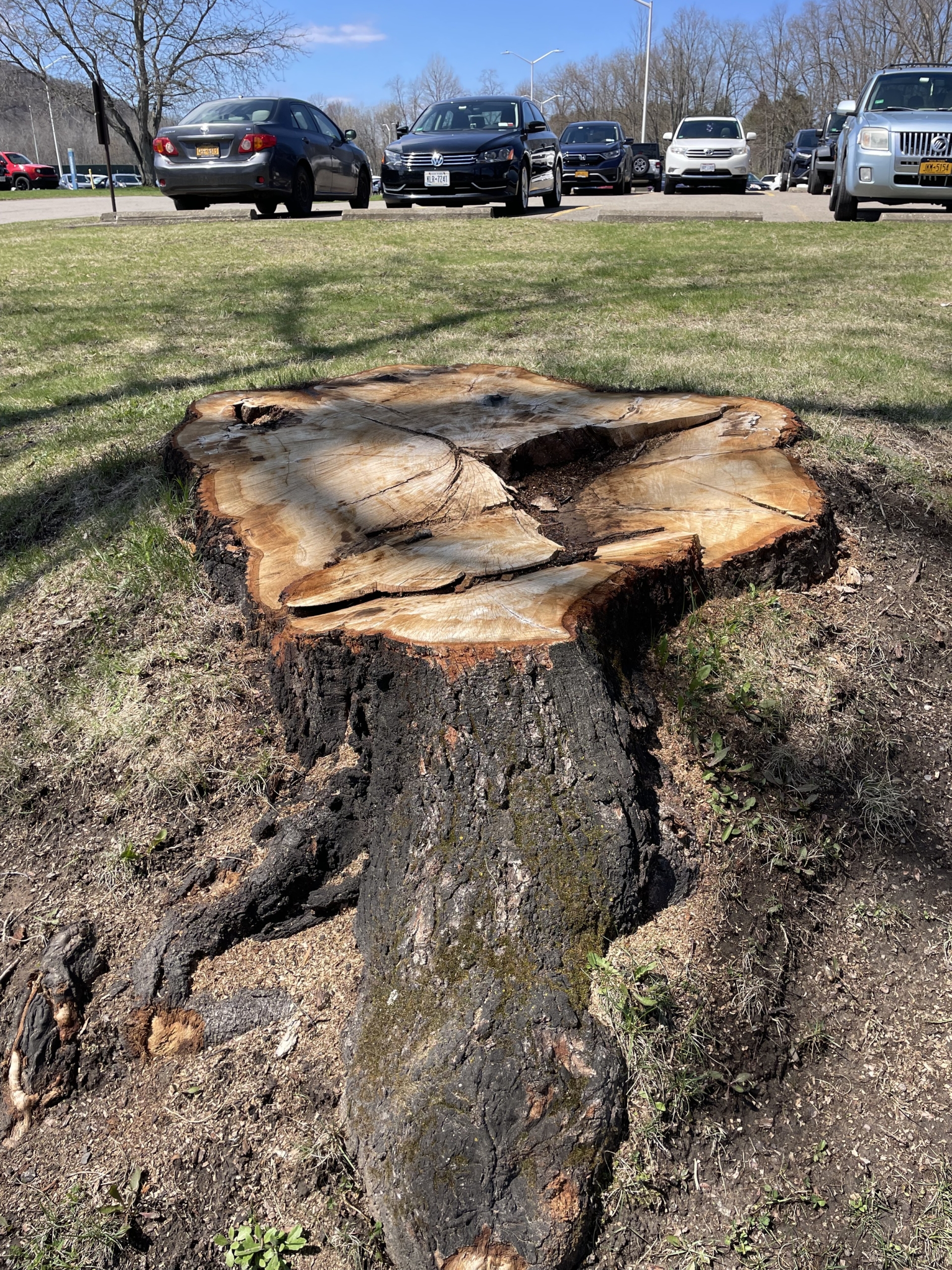America’s opioid epidemic gets too close for comfort
In an opioid-related emergency, students on campus are trained to administer Narcan, a drug with life-saving potential. Narcan has the potential to reverse the effects of an opioid overdose in dire situations.
“Narcan is an opioid antagonist. Narcan replaces the active opioid on a receptor site, so it pushes [the opioid] away and takes its place and clings to the receptor site. It actually reverses the action of the opioids,” said Dr. Keith Young, director of the physician’s assistant program.
As opioid epidemics continue to be problematic in the United States, heroin and other narcotics are also an issue in Cattaraugus County.
According to The Olean Times Herald in 2017, “There were 45 reported cases of police, firefighters and paramedics administering Narcan in the county.”
This report came from the Southern Tier Overdose Prevention Program, STOPP.
According to senior biology major Christian Kostowniak, who serves as the MERT Chief, “I have talked to our paramedic contact at Allegany EMS… He said that he has seen an increase in heroin-related calls over the years.”
Kostowniak said that MERT officers carry Narcan in their bags, among other drugs that the student-run emergency response team is allowed to administer.
Mike LaRock, a freshman chemistry major and member of MERT, said that he was unaware of whether or not MERT carried Narcan. Since he is not an officer, he said that his MERT bag does not contain the drug.
“The New York State EMT course trains our EMTs in administering Narcan, and we have a third party that comes and trains us in Narcan. They then administer us doses of Narcan for use,” said Kostowniak.
LaRock said that the drug is most often administered to patients as a nasal spray. The type of Narcan MERT carries is administered through the nose.
Kostowniak said that the dosage of Narcan is one milligram up each nostril.
Young said that the drug can be administered as long as the patient is still breathing.
LaRock said that “[A patient’s] brain can be starved of oxygen, and they can die within minutes if they don’t get oxygen to their brain and they aren’t breathing.”
MERT is equipped to deal with an opioid crisis on campus, should one occur.
By Meghan Hall, News Assignment Editor
hallml18@bonaventure.edu



